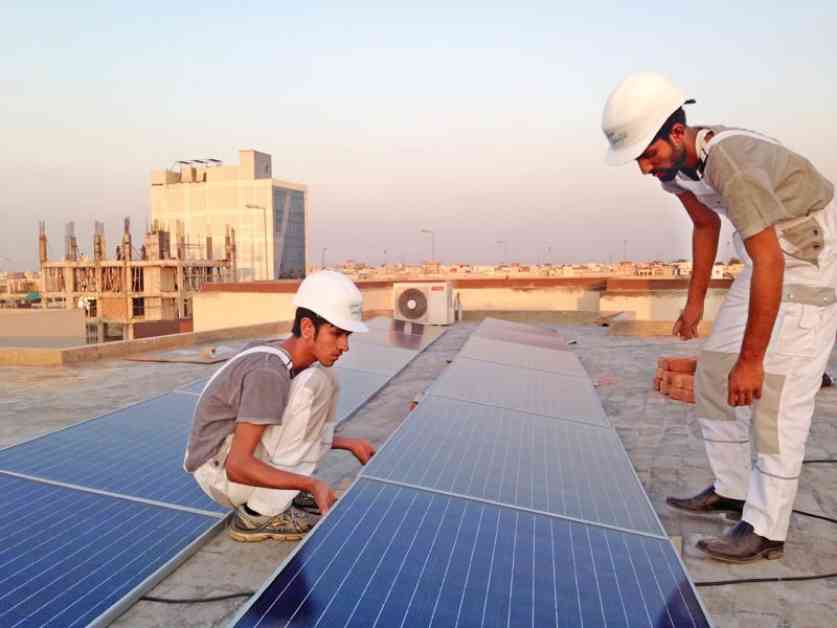The Pakistani government has reached a momentous milestone in the realm of sustainable energy by successfully converting 100 federal schools to solar power. This groundbreaking initiative, led by the Federal Directorate of Education (FDE) in partnership with the National Radio and Telecommunication Corporation, has not only paved the way for a greener future but also ensured a reliable power supply with backup battery systems in place.
Federal Secretary for Education Mohiuddin Wani hailed this achievement as a testament to the government’s dedication to efficiency, sustainability, and innovation. The installation of solar panels not only reduces carbon emissions but also offers schools a dependable and eco-friendly energy source. With this year’s project covering 100 schools, plans are already underway to extend this transition to all federal educational institutions in the upcoming financial year.
### Transforming Punjab: A Vision for Progress
Punjab Chief Minister Maryam Nawaz has been spearheading a series of transformative decisions aimed at revolutionizing various sectors in the province. By February 28, an additional 2,000 superseders will be made available to farmers at discounted rates, supplementing the 10,000 tractors already allocated. Furthermore, the free solar energy initiative is set to expand rapidly, providing citizens across Punjab with access to clean and sustainable power.
### Advancing Solar Energy and Industrial Growth
In a bid to promote solar energy further, a substantial fund of 6 billion rupees will be earmarked for this purpose. The government is also on track to establish a fund to generate electricity from waste by March, alongside reviewing the progress of solar energy transition programs in key government institutions. Noteworthy decisions have been made to transition government buildings to solar energy and complete renewable energy projects by June.
### Embracing Modernization in Agriculture
To enhance farming practices, the government plans to implement a monitoring system in every division to educate farmers on modern techniques. Additionally, initiatives such as the Green Tractor Scheme have already distributed over 4,500 tractors to farmers, with solar systems benefiting 404 underprivileged families in villages without electricity.
During a recent meeting attended by senior officials, including Nabeel Ahmad Awan and Asif Tufail, the government’s commitment to instigating an agricultural and industrial revolution in Punjab was emphasized. Chief Minister Maryam Nawaz’s visionary leadership underscores a promising future for the province through these ambitious and forward-thinking initiatives.









